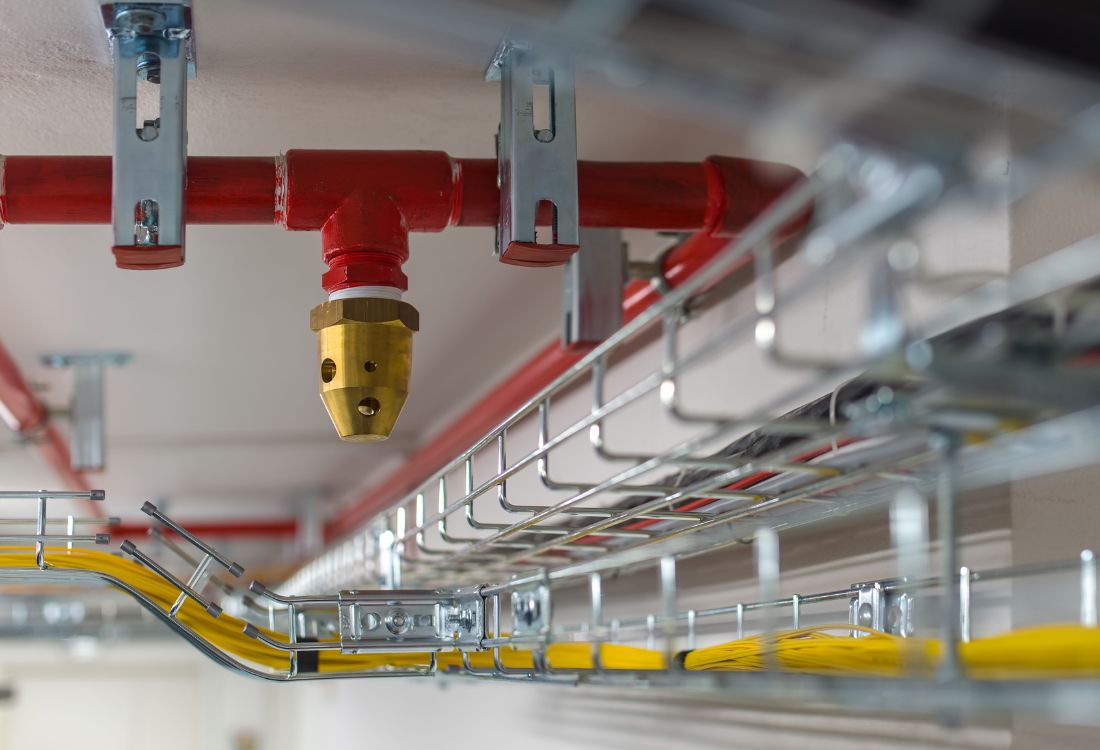
What are The Benefits Of Fire Suppression Systems In Power Transformers And Substations
Reliability ensures a steady and uninterrupted power supply to UK homes and businesses, supported by over 400,000 substations.
To enhance safety and appearance, many substations are hidden from view. However, as urban areas expand and available land is used up, people are living and working closer to substations, increasing risks, especially from fire.
Substations pose significant fire risks due to the presence of power transformers, which can malfunction or overheat, leading to catastrophic fires with severe consequences for electrical infrastructure and public safety. In this article, we’ll consider how fire suppression systems can be beneficial to these applications.

Let's The Benefits Of Fire Suppression Systems In Substations?
Given the critical nature of power transformers and the potential for catastrophic consequences should a fire break out, it is essential that robust and reliable fire suppression systems are installed. Choosing the right system is key, let's look at the benefits of each, gas or condensed aerosols:
Extended Lifespan
Unlike traditional gas suppression systems with a lifespan of only 10 years, modern fire suppression systems offer an extended lifespan of up to 15 years. This longevity ensures prolonged protection and reliability which is crucial for safeguarding the supply of electricity to homes and businesses.
Efficient Use Of Space
A small substation may cover an area of only 500 square feet, so optimising the available space is critical. Fire suppression systems eliminate the need for bulky cylinders, thereby saving precious space within substations. Their compact design ensures the best use of space, allowing for efficient layout configurations and seamless integration within existing infrastructure.
Room Integrity
Proper room integrity is essential for fire suppression systems in substations to work effectively, as even small leaks can hinder their performance. Modern fire suppression systems have low room integrity requirements, making room design and retrofitting easier and cheaper.
Rapid Installation
Fire suppression systems have shorter installation times than traditional solutions, allowing for quicker deployment, minimal operational disruptions, and reduced downtime. This swift implementation is crucial for maintaining continuous service to consumers.
Lower Maintenance Costs
Finally, fire suppression systems bring lower maintenance costs over their lifespan, which translates to substantial savings for energy suppliers. Reduced maintenance requirements result in fewer service interventions and associated expenses, enhancing overall cost-effectiveness.
Contact Rhino Fire Control For More Information
At Rhino Fire Control, We assist utility providers with the installation and maintenance of fire suppression systems, ensuring their critical infrastructure is fully protected in the event of a fire.
To find out more, please speak to an expert today.
Image Source: Canva



